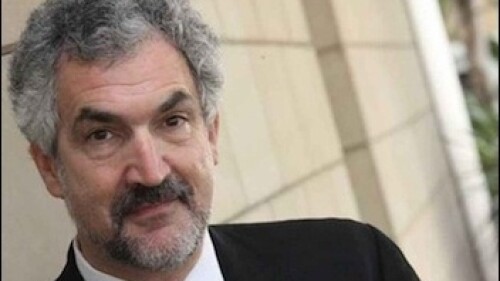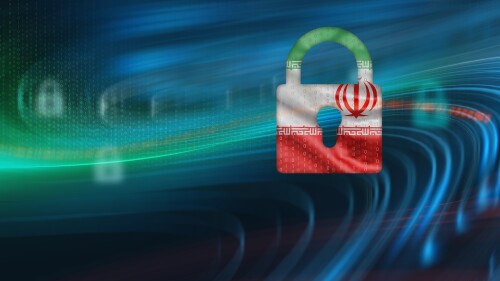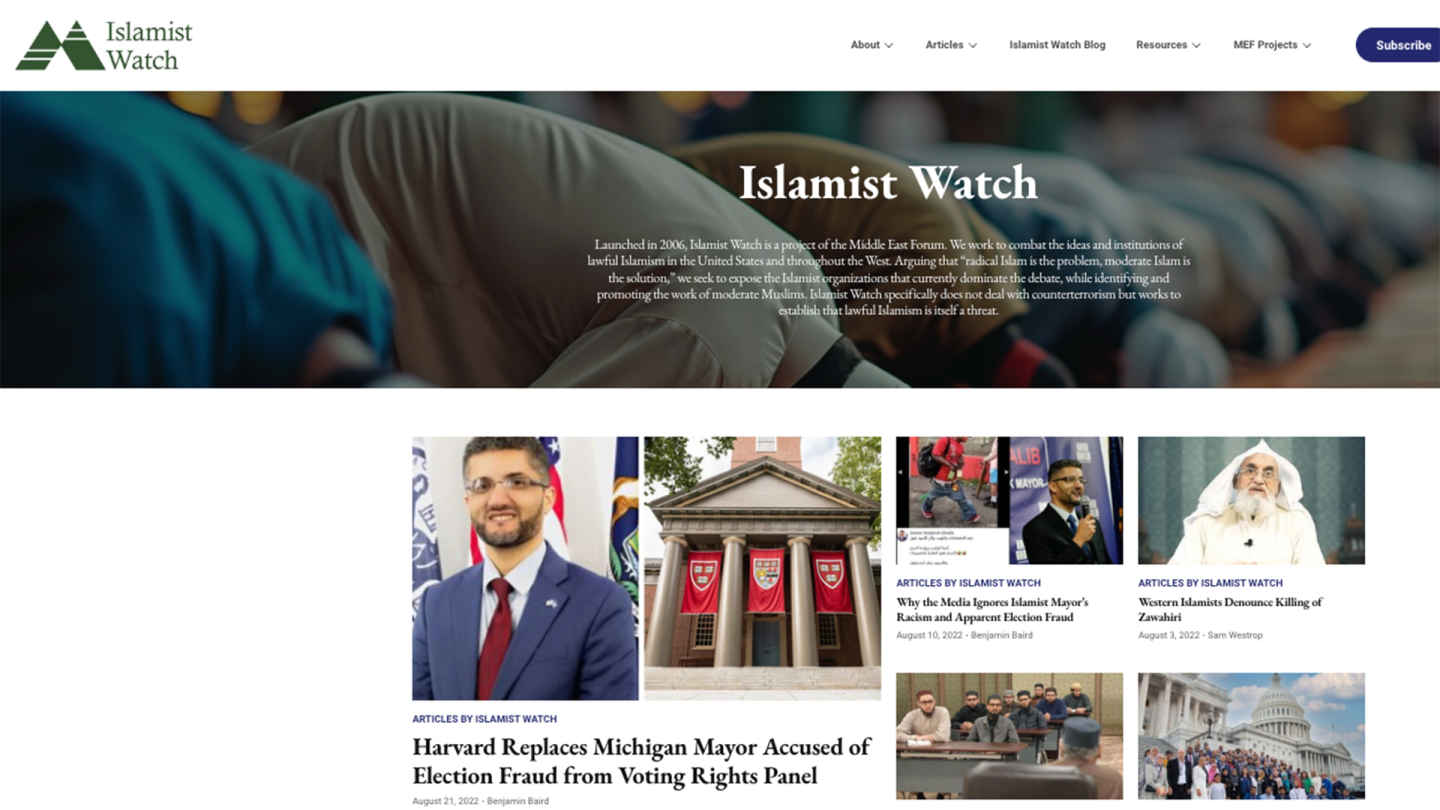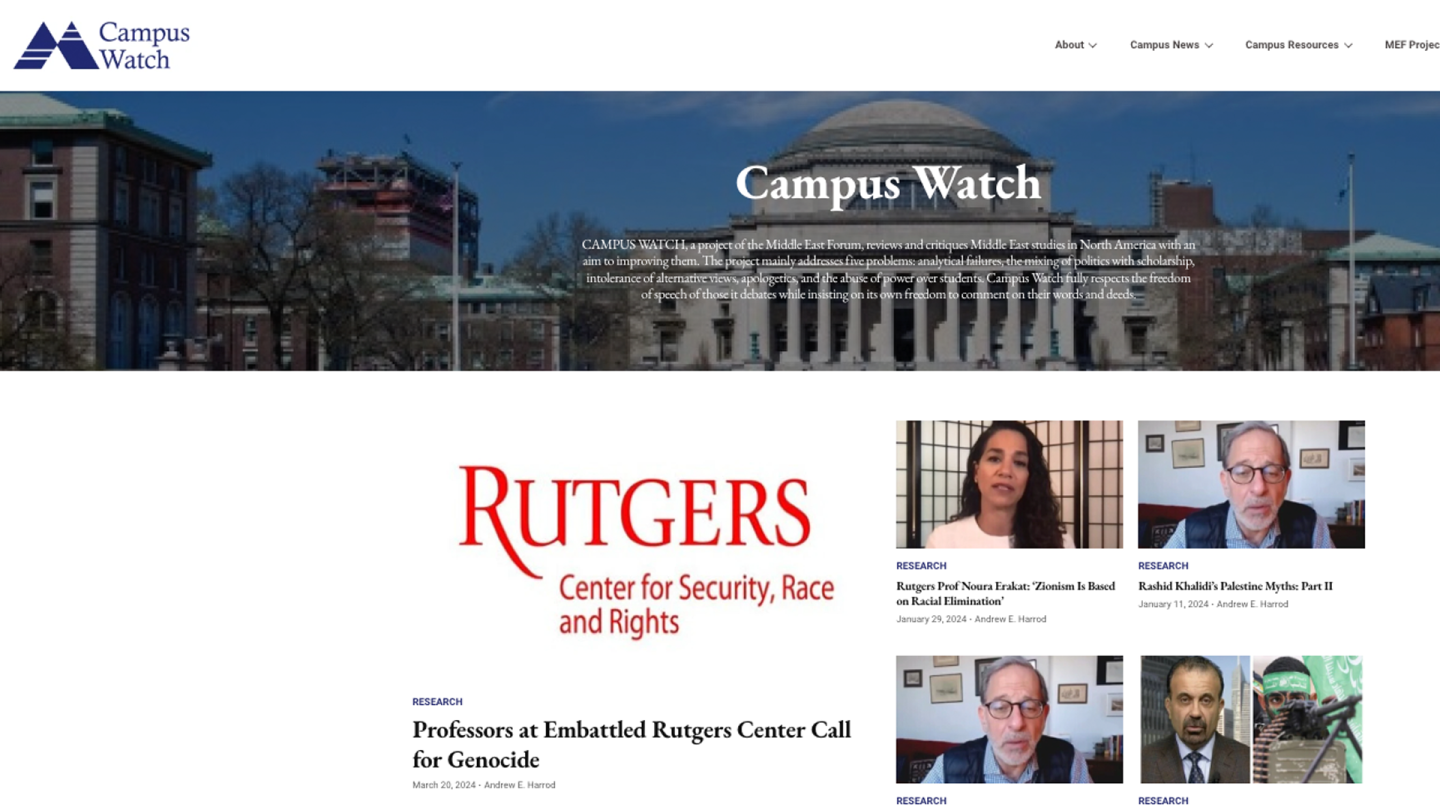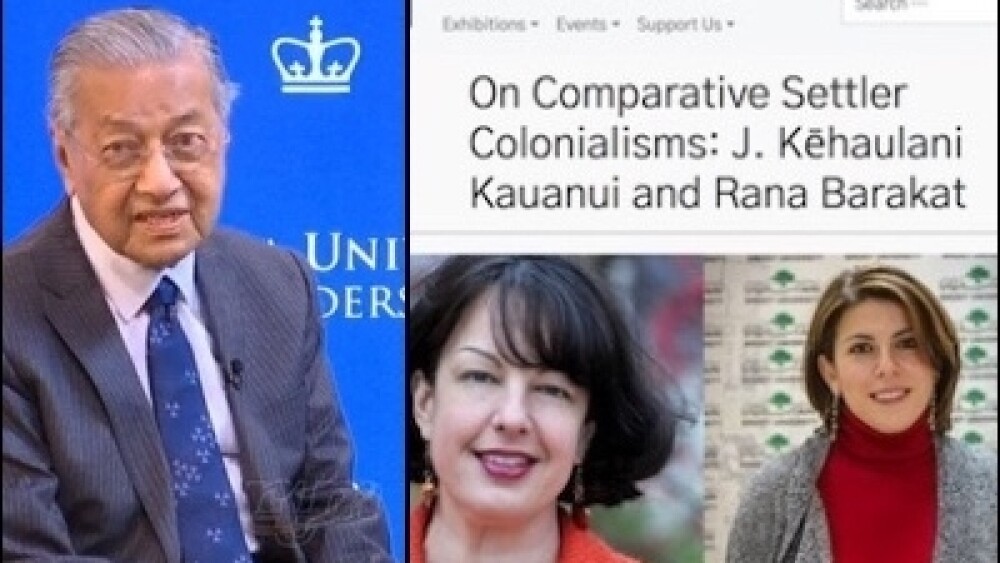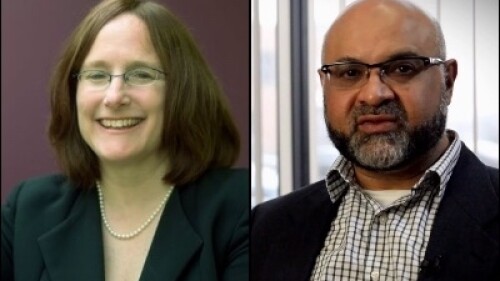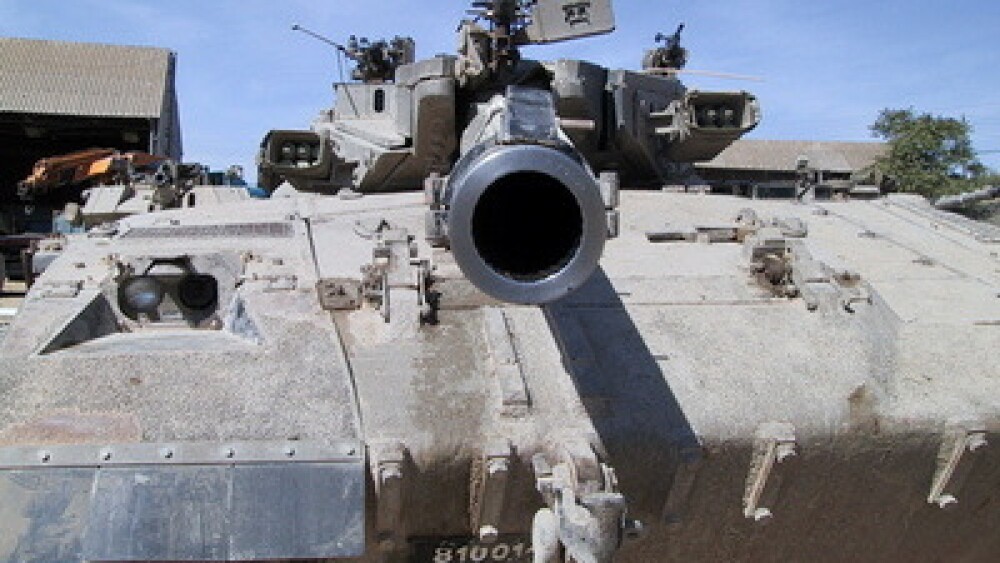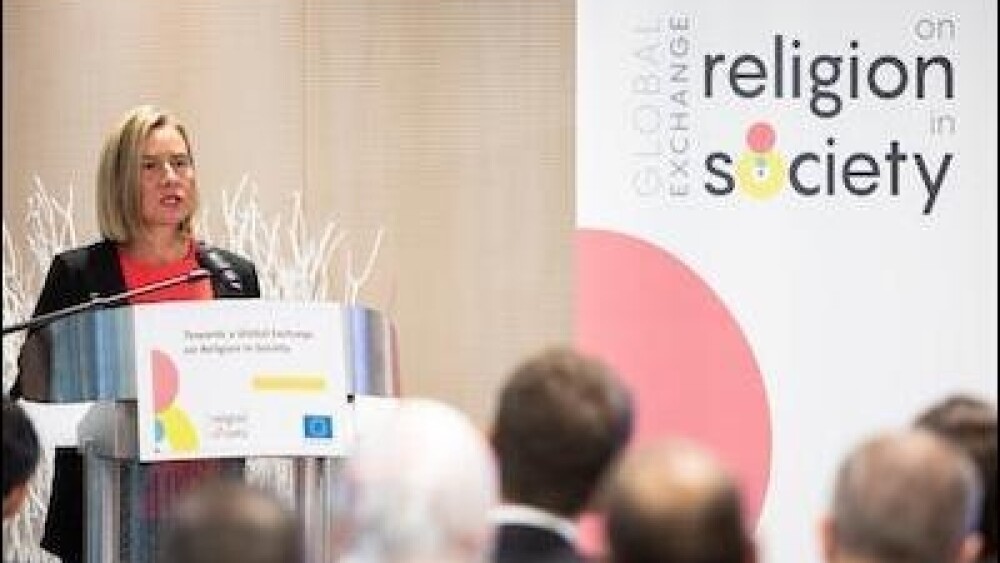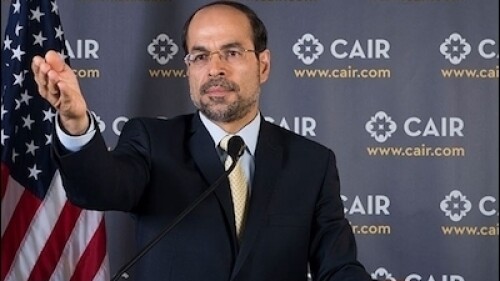The Islamic Republic’s Young People Seek to Do Away with Traditionalism and Misogyny, Symbolized by the Turban and Hijab
Turkey Seeks to Project an Image of Transformation—Not Through Conventional Broad Partnerships but by Asserting Itself as a Regional Power Center
Police on the Scene Ignorant of Relevant Law
The Executive Order Aims to Re-Emphasize National Security Screening and ‘Vetting’ to Weed Out Islamist Terrorists and Other Forms of Public Safety Threats
The United States and United Nations Must Immediately Shut the Port of Hudaydah to Block Houthi Control of Weapons and Aid
Secretary of State Marco Rubio’s Record as Senator Suggests He Will Not Sympathize with Azerbaijan’s Position Absent Serious Reforms
Aoun Should Ensure Lebanon’s New Rep. to Washington Has Impeccable Ethics and a Track-Record of Opposing Hezbollah When It Isn’t Convenient to Do So
Sami Al-Arian, a Senior Figure in the Palestinian Islamic Jihad (Pij) Who Was Convicted on Terrorism Charges in the U.S., Is Continuing His Activities in Turkey
Most Azeris Living in Tehran and Other Cities Intermarry and Assimilate Into Mainstream Iranian Culture
Spotlight: Israel and Hamas Make a Deal
Israel and Hamas have entered into the first phase of a peace agreement for Gaza. If approved by the Knesset, Israel will withdraw to a predetermined line and the Israeli hostages held by Hamas—20 living and 28 dead—would be freed within 72 hours. Israel also would release an agreed-upon list of Palestinian prisoners.
What’s next? Even if an internally divided Hamas releases the hostages, will it agree to disarm and refrain from participating in any new Gazan government? Will events proceed so that Israel believes it can withdraw from Gaza, even partially? What security measures are possible under such circumstances? Ending incipient hostilities is a necessary first step, but only if these and other seemingly intransigent problems still under negotiation are solved.
What’s next? Even if an internally divided Hamas releases the hostages, will it agree to disarm and refrain from participating in any new Gazan government? Will events proceed so that Israel believes it can withdraw from Gaza, even partially? What security measures are possible under such circumstances? Ending incipient hostilities is a necessary first step, but only if these and other seemingly intransigent problems still under negotiation are solved.
Israel’s Capacity, Once Roused, for the Application of Hard Power Has Been Amply Demonstrated
Middle East Quarterly - Current Issue
Founded in 1994 by Daniel Pipes, MEQ is the Middle East Forum’s journal intended for both scholars and the educated public. Policymakers, opinion-makers, academics, and journalists write for and read the Quarterly, which is known for exclusive interviews, in-depth historical articles, and book reviews on subjects ranging from archaeology to politics and on countries from Morocco to Iran.
Fall 2025 Volume 32: Number 4
Fall 2025 Volume 32: Number 4
Middle East Forum Observer
Founded in 2024, the Observer provides rapid analysis on leading Middle East developments, from Marrakech to Mashhad and the Bab el-Mandeb to the Black Sea.
Launched in 2006, Islamist Watch is a project of the Middle East Forum. We work to combat the ideas and institutions of lawful Islamism in the United States and throughout the West. Arguing that “radical Islam is the problem, moderate Islam is the solution,” we seek to expose the Islamist organizations that currently dominate the debate, while identifying and promoting the work of moderate Muslims.
CAMPUS WATCH, a project of the Middle East Forum, reviews and critiques Middle East studies in North America with an aim to improving them. The project mainly addresses five problems: analytical failures, the mixing of politics with scholarship, intolerance of alternative views, apologetics, and the abuse of power over students. Campus Watch fully respects the freedom of speech of those it debates while insisting on its own freedom to comment on their words and deeds.



























